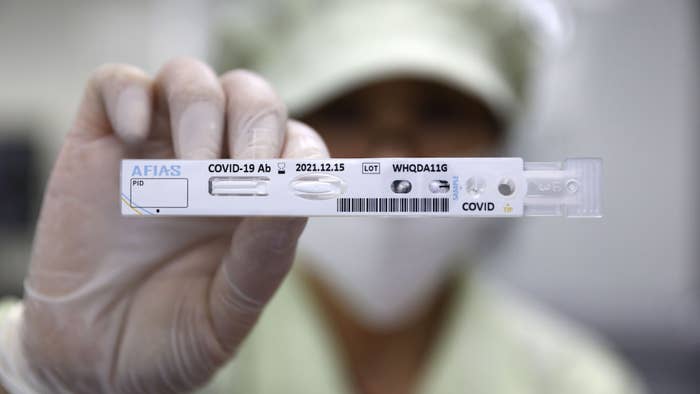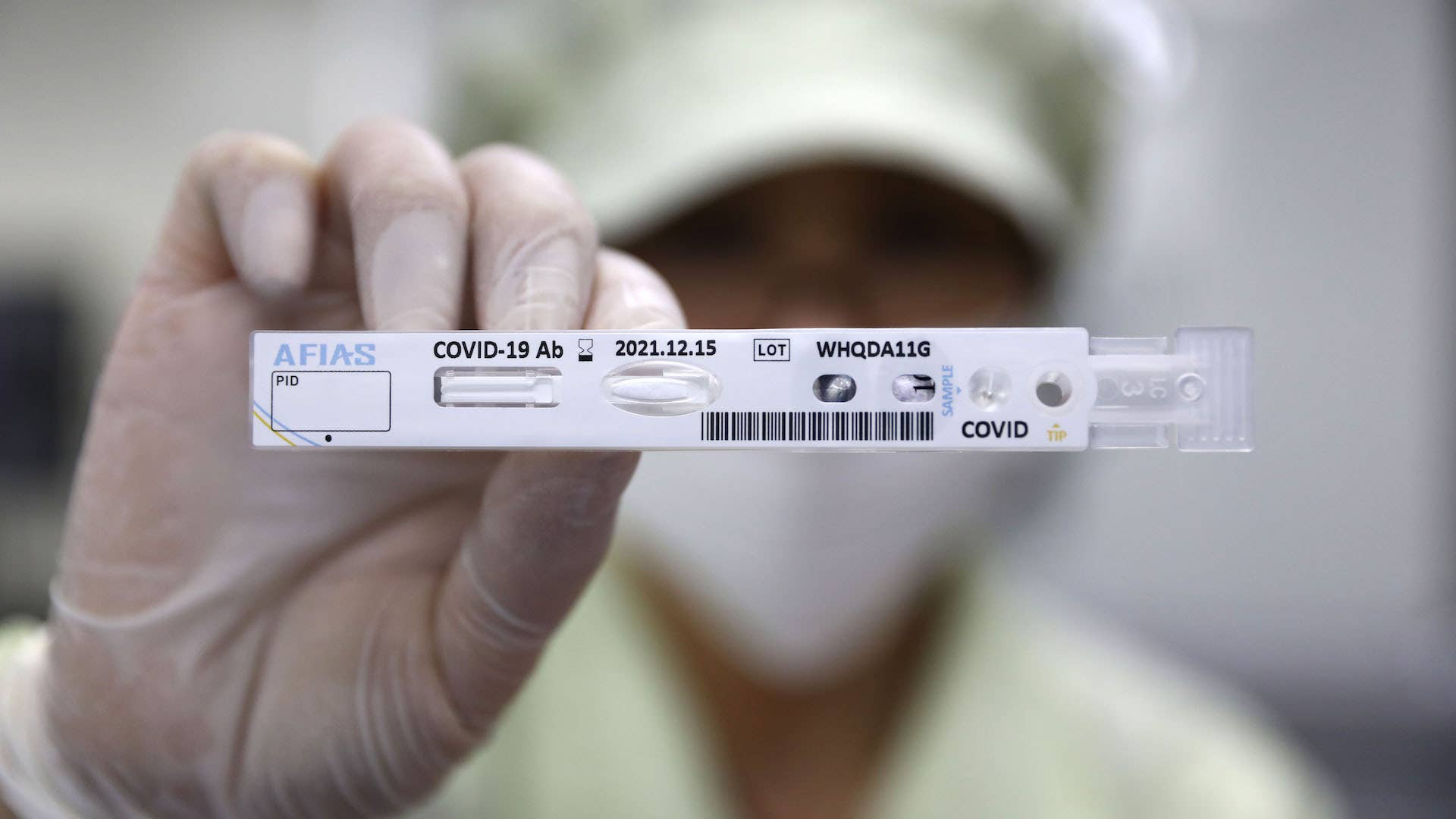
Two studies published in the journal Science on Wednesday suggest monkeys that recovered after becoming infected with COVID-19 appear to develop an immunity to the virus, Reuters reports.
One study involved researchers at Harvard's Beth Israel Deaconess Medical Center (BIDMC) infecting nine monkeys with the SARS-CoV-2 virus, and re-exposing them after they had recovered 35 days later. Even though the test subjects showed high levels of the coronavirus in their noses and lungs, they showed only few symptoms.
Dr. Dan Barouch, researcher at the Center for Virology and Vaccine Research at BIDMC, believes that these findings suggest if these monkeys develop a natural immunity to COVID-19, then "we would also predict that humans — or at least a large fraction of humans — who are infected and then recover likely will resist a challenge," according to WBUR-TV.
The second study involved testing out six prototype vaccines in 25 monkeys, while administering a placebo to 10 others. After they were exposed to the virus, researchers found that eight of the vaccinated monkeys were protected from re-infection. The remaining ones that were given a vaccine still had a "substantial degree of protection."
Barouch acknowledges that these findings are "very good news" since it bodes well in the global race to develop an effective vaccine but warns that animal studies do not always apply to humans. Since these studies were conducted in a short frame of time, it's unclear if the antibodies produced in response to coronavirus provide long or short-term protection.

